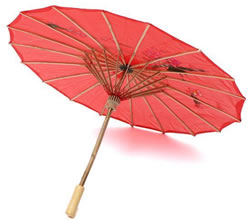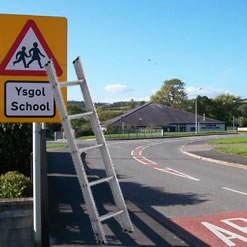Today is apparently Black Friday, a custom that originates in the USA and which has been adopted in the UK. It falls the day after Thanksgiving, which hasn’t been adopted in the UK, and many shops and online retailers offer special deals at this time.
I don’t have any deals for you, as I don’t sell anything, but what I can offer you is the Welsh term for Black Friday – Dydd Gwener y Gwario Gwirion, or “the Friday of Stupid Spending”, which seems to sum it up nicely. Mwy o wybodaeth.
November is also known to some as Movember, the month when some men grow moustaches and rise money for charities related to men’s health. The word was first used in Adelaide in Australia back in 1999, when a group of blokes grew moustaches during November and raised money for an animal charity. Another group of men did something similar in Melbourne in 2004, and later set up the Movember Foundation charity.
The Welsh version of Movember is Tashwedd, which combines mwstash (moustache) and Tachwedd (November).
Moustache comes from the French moustache from the Italian mostaccio, from Ancient Greek μουστάκιον (moustákion), a diminutive of the Ancient Greek μύσταξ (mústax – upper lip), from the Proto-Indo-European *mendʰ- (to chew).
There was another word for moustache in English: kemp, from the Old English cenep (moustache), from Proto-Germanic *kanipaz (mustache, beard), from the Proto-Indo-European *ǵenu- (jaw) [source].
Diolch i Meinir a Josef am y geiriau



